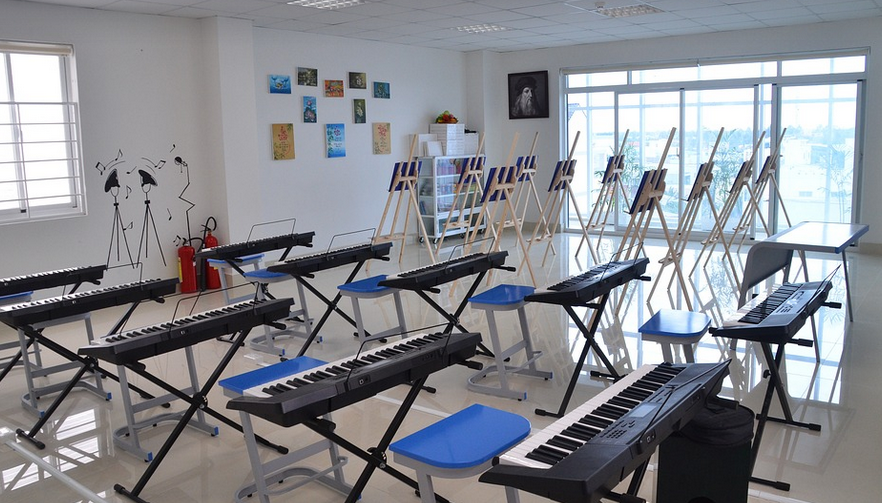
Beyond the Textbook: A Guide to Deep Reading
So you’ve picked up that intriguing novel, or perhaps it was a dense historical text that sparked your curiosity. You might even be feeling overwhelmed by those daunting lines of analysis from your professor. Fear not! While deciphering literature can feel like navigating a labyrinth, there are secrets to unlock the true depths of the words. Mastering this art takes time and effort, but once you achieve it, the literary world opens up before you, revealing insights that spark both understanding and passion.
First, let’s delve into why reading literature as a professor is more than just memorizing key themes and plot points. It’s about going beyond the surface to understand how authors craft their stories, weaving intricate tapestries of meaning through language. Literature isn’t merely a collection of words; it’s a living ecosystem, where ideas are nurtured through careful observation and analysis.
One of the first steps is to embrace the power of active reading. Instead of passively absorbing the text, actively engage with it. Ask yourself questions: what does this paragraph mean? How does this character’s voice contribute to the overall theme? What are the author’s motivations for including these specific details? Asking these types of questions will help you uncover deeper meaning beyond the obvious.
Take your time and get comfortable with a relaxed pace. Don’t feel pressured to read every line at once. Take breaks, reflect on what you’ve read, and return to the text later when your mind is fresh. This is essential for truly absorbing the text’s nuances.
Next, consider the structure of the work. A novel might have chapters, a poem may contain stanzas, or a historical treatise might unfold in chronological order. Recognizing these structures will provide you with an understanding of how the author has organized their thoughts and ideas, aiding you in deciphering their message.
Understanding literary devices is key to unlocking the true potential of reading literature. How can words be used to evoke emotions? Or perhaps explore a deeper meaning through metaphors and symbolism? Paying attention to these specific elements will allow you to better understand the author’s intended meaning.
Don’t be afraid to question! Challenge the author’s assumptions, consider alternative interpretations, and delve into the layers of meaning. Is it possible that a character’s actions are not what they seem? Or perhaps there is a deeper meaning hidden in the words themselves?
The beauty of literature lies in its ability to spark your imagination. Dive into exploring the themes and ideas presented, even if their meanings aren’t immediately apparent or obvious.
Don’t be afraid to explore different types of literature! A good place to start is with books that interest you personally. If you love history, read historical novels. If you enjoy fantasy, find yourself lost in a world of myths and magic. Reading outside your comfort zone can expose you to new perspectives, broaden your understanding, and help you connect to the themes on a deeper level.
Finally, remember that reading literature is an ongoing journey. Embrace it! Don’t worry about being “perfect” or getting every single detail right. The beauty lies in the process of discovery, the joy of finding meaning in words, and the satisfaction of understanding something new.
Tips for Prof-Level Reading
Here’s a breakdown of some handy tips to elevate your reading experience like a professor:
**1. Take Notes:** Don’t just passively absorb; actively engage by jotting down important quotes, insightful observations, and questions that arise during your reading. This will help you make connections between different ideas, develop your own analytical points and remember crucial information.
**2. Seek Out Critical Analysis:** Often, the best way to deep dive is through a critical lens. Explore how other readers interpret the work, read reviews by experts, or even join online discussion forums to share insights with fellow literature enthusiasts. You’ll gain fresh perspectives and learn from diverse viewpoints.
**3. Experiment with Different Genres:** Don’t confine yourself to just one genre! Try exploring different genres like historical fiction, poetry, science fiction, or even experimental prose to broaden your literary horizons and see how authors use language in a variety of contexts.
**4. Analyze the Author’s Style:** Every author has their unique voice—and reading literature is about understanding that unique style. Learn what makes their writing distinct, analyze their use of figurative language (simile, metaphor, etc.), and identify their recurring themes or literary devices.
**5. Embrace the Power of Empathy:** Think of yourself as a surrogate character within the story. Try to step into the shoes of the protagonist, imagine their motivations, their struggle, and their joys. This will enable you to connect with the characters on a deeper level and appreciate their complexities.
**6. Use Visual Aids:** Sometimes a visual representation can help you make connections between text and ideas. Consider creating graphic organizers, mind maps, or even sketch your character’s development for better understanding.
Remember, reading literature as a professor is more than just understanding the plot – it’s about engaging with the author’s craft. It’s about discovering hidden depths, unlocking new perspectives, and ultimately connecting with the text on a deeper level.





